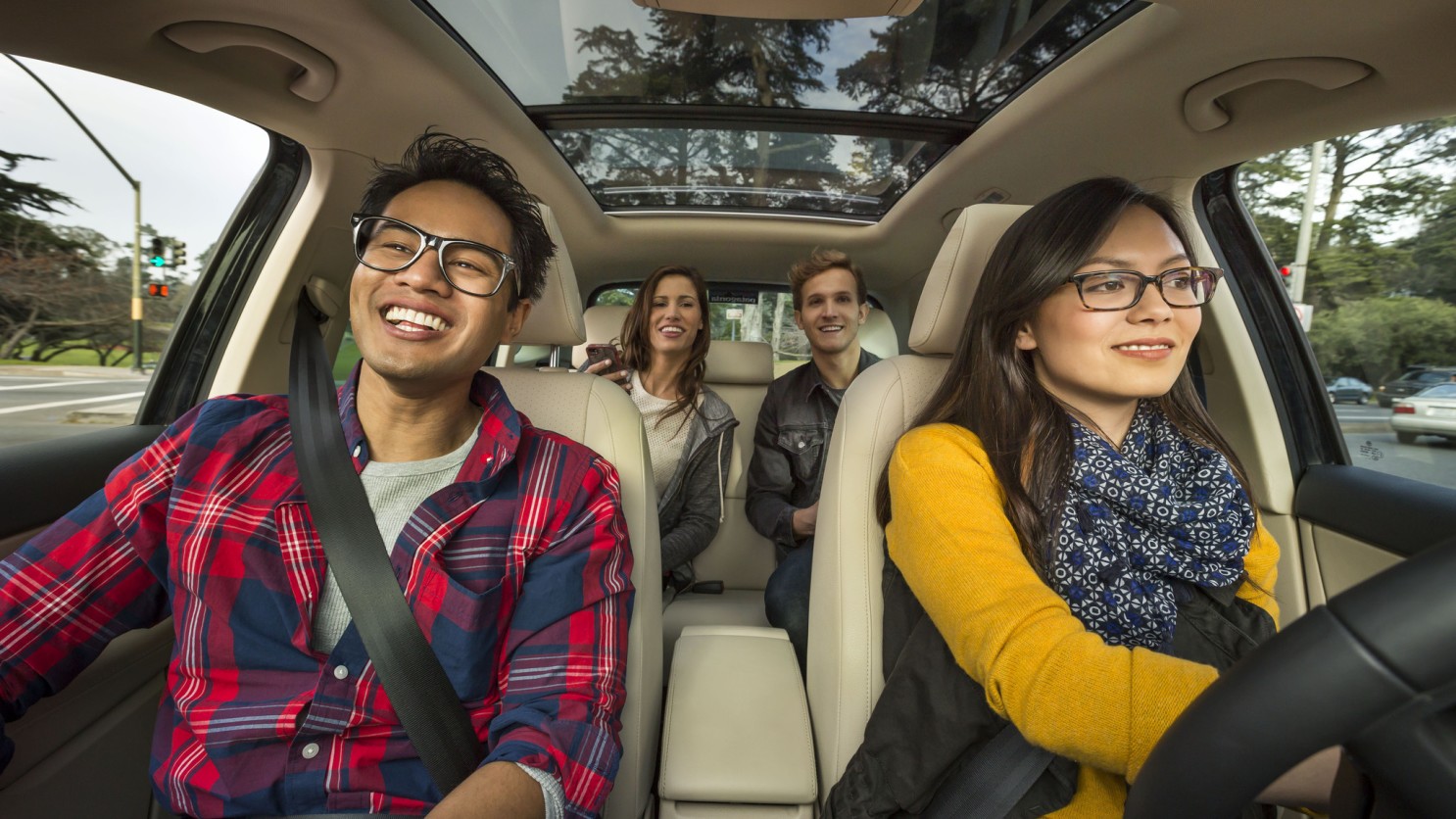Estimated reading time (in minutes)

Carpooling and Competition, as ruled by the Court of Cassation on March 12, 2013, is considered legal and does not constitute unfair competition against a public transport company, provided certain conditions are met. Specifically, carpooling should either be free or involve a fair sharing of costs associated with using the vehicle.
Legality of Carpooling: Clarifying Unfair Competition Claims:-
The case in question involved a transport company that noticed a significant decrease in the number of passengers using their coaches. The company filed a lawsuit against a group of employees from another company, accusing them of contributing to unfair competition by no longer utilizing the transport company’s services and instead organizing carpooling arrangements for their commute between their residences and workplace.
The Court of Cassation determined that there was no unfair competition in this scenario. The employees had simply organized a carpooling system among themselves, either by offering free transportation on a rotating basis or by compensating the driver for expenses such as fuel, tolls, insurance, vehicle maintenance, and more.
Differentiating Fair Carpooling from Unlawful Passenger Transport:-
However, in the same case, the Court of Cassation ruled that a driver who regularly engaged in paid passenger transportation using a minibus was indeed engaging in unfair competition against the transport company.
It should be noted that the law does not provide carpooling with any specific status, and this ruling marked the first time the Court of Cassation pronounced on the legality of carpooling. The decision clarifies that as long as carpooling adheres to the principle of cost sharing or remains free of charge, it does not violate the rights of public transport companies or create unfair competition.
This information, provided by the DAMY Law Firm in 2022, underlines the legality of carpooling while highlighting the importance of abiding by the conditions outlined by the Court of Cassation. Employers and individuals engaging in carpooling arrangements should ensure compliance with the law, particularly concerning cost sharing, to avoid any potential legal implications.
